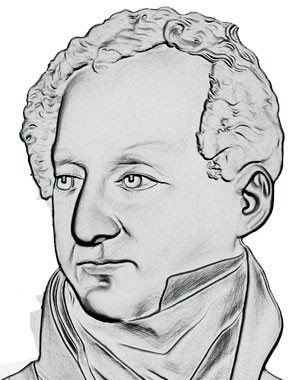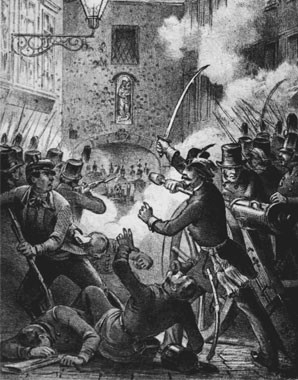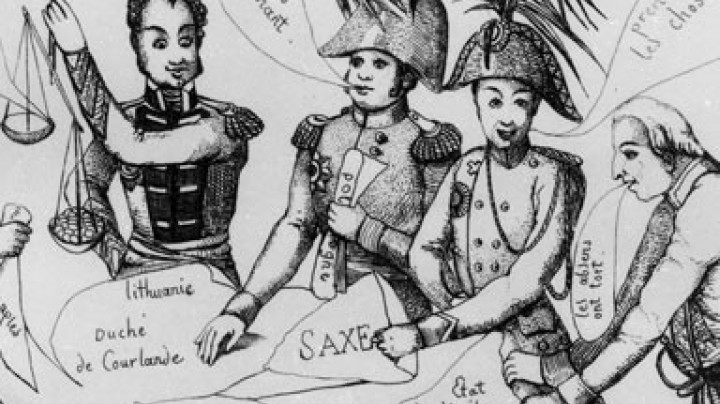The new Austrian anti-Semitism (Part I)
Jews demanded equal rights in the revolution of 1848. But afterwards the discrimination that already existed only intensified.
In 1848, the year of revolution, the restrictions that prevented Jewish subjects of the Monarchy from moving to Vienna were abolished. Large numbers of people poured into the capital in the hope of finding work. Jews had managed to establish themselves primarily in the financial sector and in trade, since for Christians the charging of interest had long been considered dishonourable. This ‘unholy’ yet – in view of the great need for credit – necessary business had therefore been left to the Jews. Jewish citizens were however barred from acquiring land in Vienna (except between 1849 and 1853). Even the business magnate Salomon Rothschild, who cultivated good relations with Metternich and was responsible for the construction of Austria’s first railway line, the Emperor Ferdinand Northern Railway, needed a special permit to acquire the necessary land.
Many Jews from the lower classes were involved in door-to-door hawking. Jewish students in particular, as citizens of a liberal-national persuasion, fought in the revolution of 1848 alongside peasants and labourers, and advocated the idea of emancipated coexistence. Yet even during the revolution anti-Semitic sentiments were already being loudly expressed. Both the political views and the economic position of Jewish people were subsequently used against them by the mass parties.

















